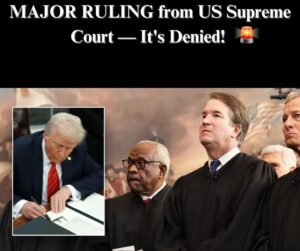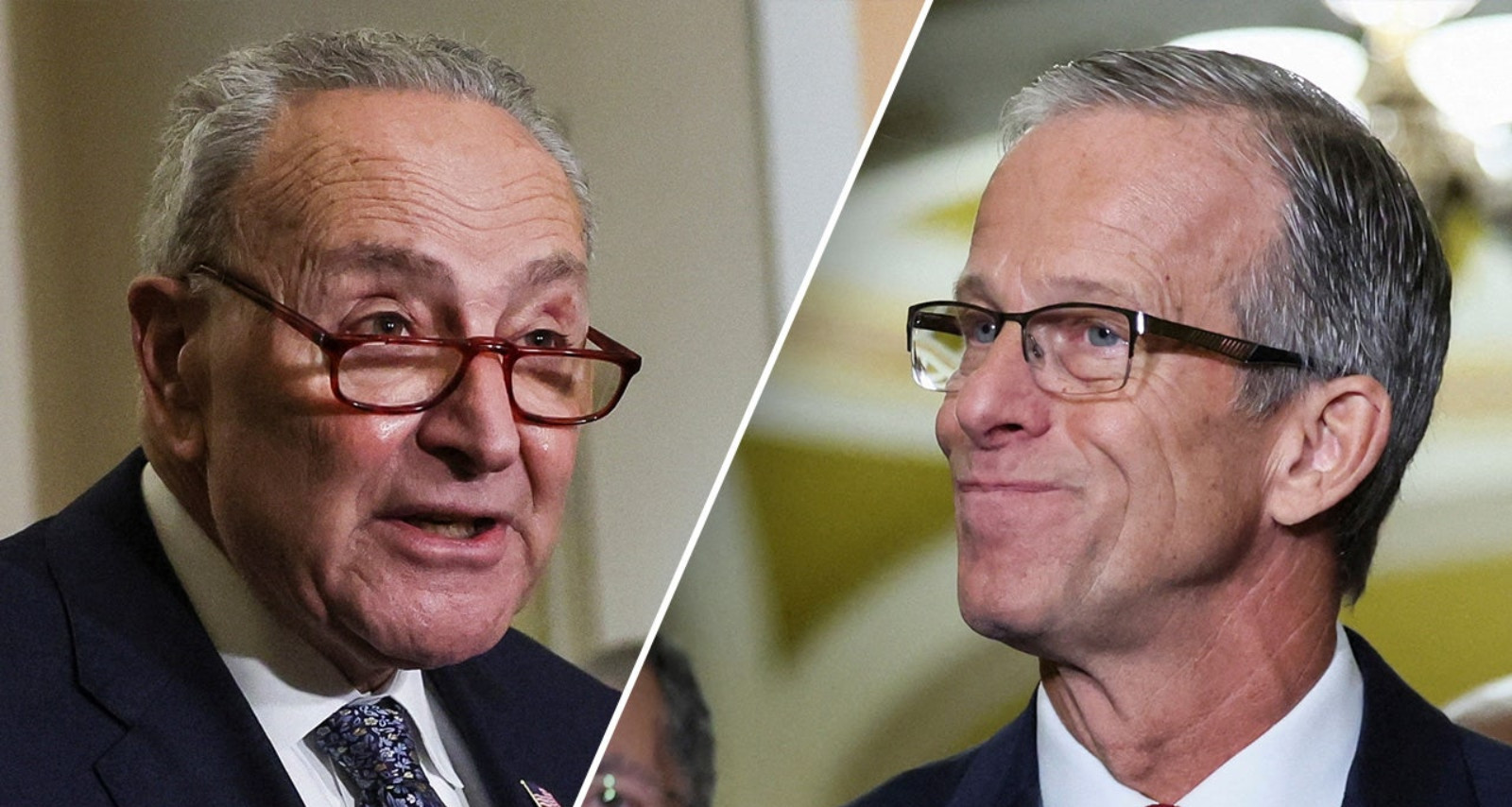Supreme Court Declines to Hear Fire Chief’s Religious Discrimination Case
Ronald Hittle, the former fire chief of Stockton, California, was terminated from his position following a series of misconduct allegations, including complaints about his leadership style and behavior. Among the concerns cited was his decision to attend a religious leadership event during work hours—a move that ultimately contributed to his dismissal.
Hittle, who held the role of fire chief for several years, came under scrutiny after city officials received an anonymous letter accusing him of serious misconduct. The letter described him as “corrupt, racist, lying, [and a] religious fanatic,” sparking an internal investigation into his conduct and management of the department.
One of the key points of contention was Hittle’s attendance—alongside several other fire department managers—at a church-sponsored summit intended for Christian leaders. The event, which took place during work hours and was considered religious in nature, raised concerns among city officials about the appropriateness of using public time and resources to engage in faith-based activities. City leaders ultimately determined that his participation in the summit violated workplace policies and contributed to a broader pattern of behavior they deemed unprofessional.
Hittle later argued that his dismissal was rooted in religious discrimination and filed a legal challenge, claiming that his rights to religious freedom had been violated. He contended that his attendance at the summit was part of his leadership development and that his faith was being unfairly targeted.
The case eventually made its way through the court system, with Hittle seeking to have the U.S. Supreme Court weigh in on whether his religious rights had been violated. However, in a recent decision, the Supreme Court declined to hear the case, effectively leaving the lower court’s ruling in place and ending Hittle’s legal challenge.
The case has drawn national attention as a high-profile example of the complex intersection between religious expression, public employment, and workplace policy—particularly when faith-based activities occur on the public’s time and dime.



